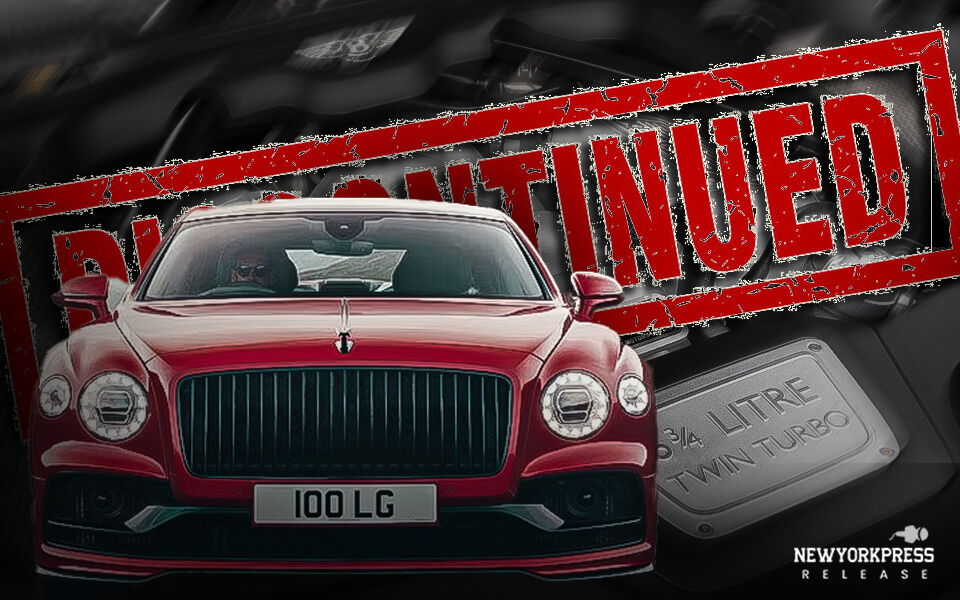Bentley Motors intends to discontinue manufacturing of its 12-cylinder engine in April of next year as the renowned luxury carmaker moves to electric vehicles.
The milestone will be marked by the most advanced version of the W12 engine ever made, with 740 horsepower and 737 pound-feet of torque, according to the British automobile manufacturer of ultra-luxury performance cars.
The British ultra-luxury performance car manufacturer announced that the milestone would be commemorated with the most advanced version of the W12 engine ever made, with 740 horsepower and 737 pound-feet of torque.
Bentley said the upgraded engine will only be used in 18 Bentley Baturs, handmade two-seat performance cars starting at about $2 million. As per the prestigious automaker, the cars have already been sold.
“The time has come to retire this now-iconic powertrain as we take strides toward electrification,” Bentley Chairman and CEO Adrian Hallmark said in a statement.
The end of the W12 is the latest example of luxury automakers shifting to all-electric vehicles. Bentley said last year it would spend about $3 billion over the next decade to transform into a fully electric luxury brand by 2030.
The Volkswagen-owned company said a very few of the versions of the Continental GT, Bentayga and Flying Spur with W12 engines of 649 horsepower are available.
According to the company, the W12 engine will be phased out in favor of a larger manufacturing of V8 and V6 hybrid engines. Bentley claims to have produced over 100,000 W12 engines since production began in 2003.
The company said it plans to move the 30 employees who make the engine at its famed Crewe, England, plant to other operations.
Bentley’s all-electric vision is consistent with that of other automakers, but it is markedly different from that of its famous rival, Ferrari. The Italian sports car manufacturer has stated that it will continue to produce V6, V8, and V12 engines as long as there is sufficient demand for them.




